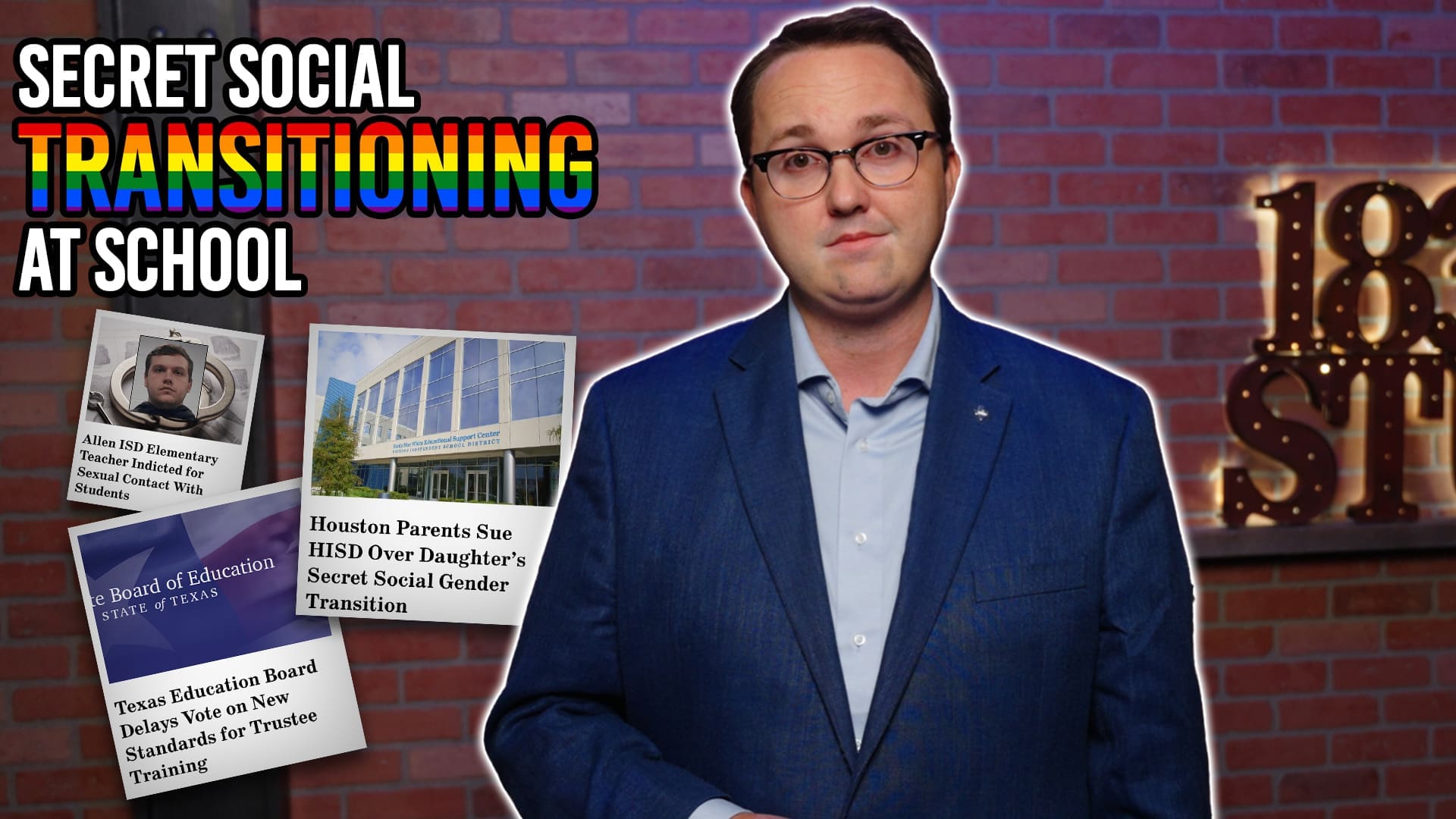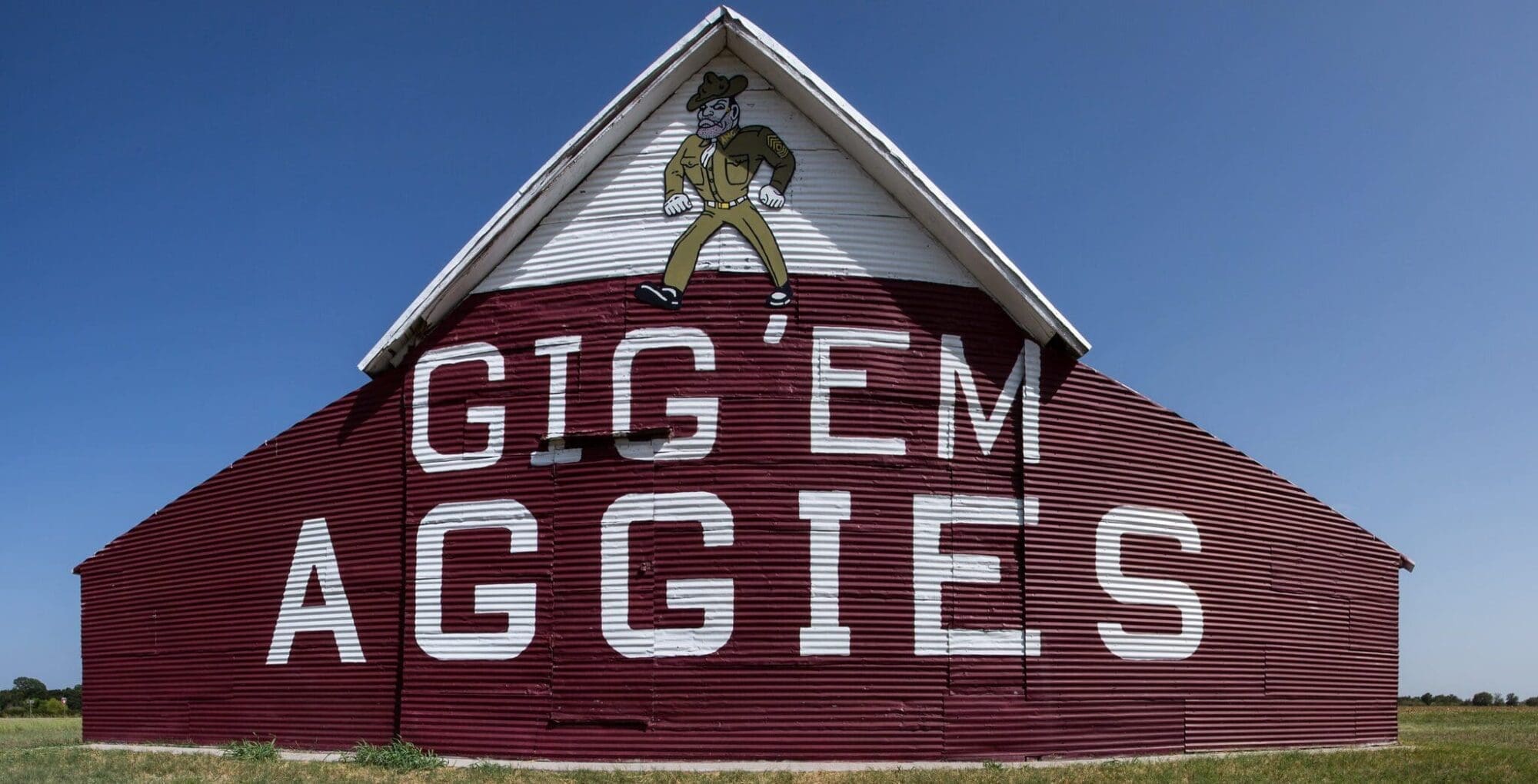Supporters of big government almost got away with one this session. There, the Texas Department of Licensing and Regulation (TDLR) and their ally, State Rep. Wayne Smith (R-Baytown) worked together to cut the legs out from under small businesses seeking relief in the courts. At TDLR’s request, Smith carried a limited repeal of eyebrow threading regulations that would have deprived threaders of legal standing in their case, effectively denying them a legal victory after years of successful litigation and preserving other unnecessary occupational licensing regulations.
The fight began in 2009 when the Texas Department of Licensing and Regulation (TDLR) unilaterally moved to incorporate the practice of eyebrow threading (a method of removing unwanted eyebrow hair) into the practice of cosmetology. After doing so, TDLR then issued thousands of dollars in fines against the “threaders” along with an order to obtain cosmetology licenses or shut down their small businesses.
The order would have forced the threaders stop working and pay as much as $9,000 to go to private beauty schools for 750 hours of instruction (none of which focuses on threading) and pass two cosmetology exams (neither of which asks about threading) before they could continue serving customers.
As a result, Ash Patel, an Indian immigrant and small business owner, along with other threaders and the Institute for Justice (IJ), sued TDLR, claiming the Texas Constitution protects their economic liberty and prohibits the state from imposing useless and expensive training requirements that do little for public safety. The IJ is a respected public interest law firm that advocates for individual rights.
While the lawsuit was working its way through the courts, the bureaucrats at TDLR tried to defend their pointless regulations. While testifying in the Texas Supreme Court, they claimed with a straight face that “threading” without a license “posed a grave threat to public health.”
A January 14 letter further reiterated the point:
“[T]his licensing regime addresses a concrete, established threat to public health posed by unlicensed and unsanitary eyebrow-threading operations.”
However, as the case drew closer to its conclusion, the bureaucrats at TDLR feared (correctly) that they would lose and that Patel and the threaders would be vindicated. Faced with the prospect of losing in court, and having a decision expanding economic liberty established as precedent, TDLR abandoned their rhetoric and sought to cut their losses by resorting to Plan B—the Texas State House. For that, they turned to Smith.
Smith — a loyal cog in the machine of House Speaker Joe Straus’ coalition government of liberal Republicans and Democrats — chairs the Licensing & Administrative Procedures Committee. The committee has broad jurisdiction over much of the licensing and regulatory burdens affecting Texas entrepreneurs. Rather than use the committee to fight for limited government and the repeal of unnecessary and burdensome licensing provisions, Smith has generally yielded to bureaucrats’ desire for more power and lobbyists’ demands for more regulations that their clients can use to shield themselves from competitors. Smith was all-too-eager to comply.
During the committee process, Smith quietly amended a bill relating to wedding and quinceañeras into a vehicle to deregulate the threading industry. The result would have eviscerated the threaders standing in court along with depriving conservatives of a strong opportunity for reviving judicial precedent in favor of economic liberty.
When the amended legislation came to the floor, conservatives rallied. State Rep. Matt Schaefer (R-Tyler) offered an amendment that would postpone the law going into effect until after the decision had been rendered by the Texas Supreme Court. Smith, however, moved to table the amendment, and in the process, revealed TDLR’s role after being questioned by State Rep. David Simpson (R-Longview).
REP. SIMPSON: I think the goal here in many ways is good, but could you explain to me the differences between the bill you filed and the committee substitute that you brought to the floor?
SMITH: The committee substitute makes certain that we deregulate threading.
SIMPSON: And who requested that you exempt threaders from regulation?
SMITH: We heard this in committee, and I have decided that we would deregulate threading.
SIMPSON: Was it not TDLR?
SMITH: TDLR was a part of the process, yes.
SIMPSON: Okay, so they asked for this to be added to the substitute?
SMITH: Yes.
Despite having his shameless supplication to bureaucracy laid bare, Smith was initially successful in halting conservatives from remedying the bill. However, on the bill’s third reading, conservatives convinced a majority of their colleagues to strip the bill of its harmful effects. Rendered obsolete, the bill was eventually left to die in the Texas Senate.
As conservatives had predicted, the case was decided shortly after the session concluded. In a 6-3 decision, the Texas Supreme Court agreed that the licensing requirement imposed by the TDLR against the threaders violated their constitutional rights to earn a living without unreasonable governmental interference. The fears of TDLR’s bureaucrats manifested themselves in the concurring opinion of Justice Don Willett.
“When it comes to occupational licensing—often less about protecting the public than about bestowing special privileges on political favorites—government power has expanded unchecked. But government doesn’t get to determine the reach of its own power, something that subverts the original constitutional design of limited government. The Texas Constitution imposes limits, and imposes them intentionally. Bottom line: Police power cannot go unpoliced.”
Conservatives should rightly place this result in the win-column, but avoid resting on our laurels. There is much work is left to be done.





